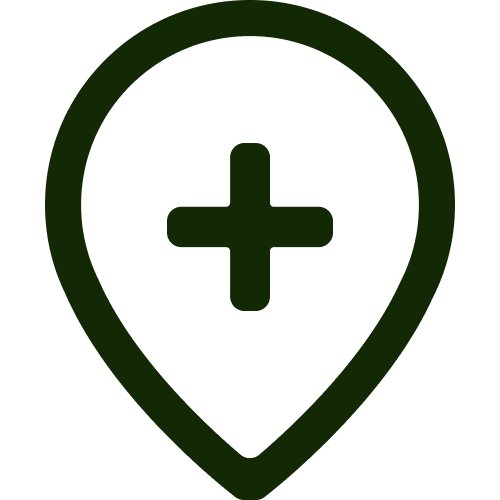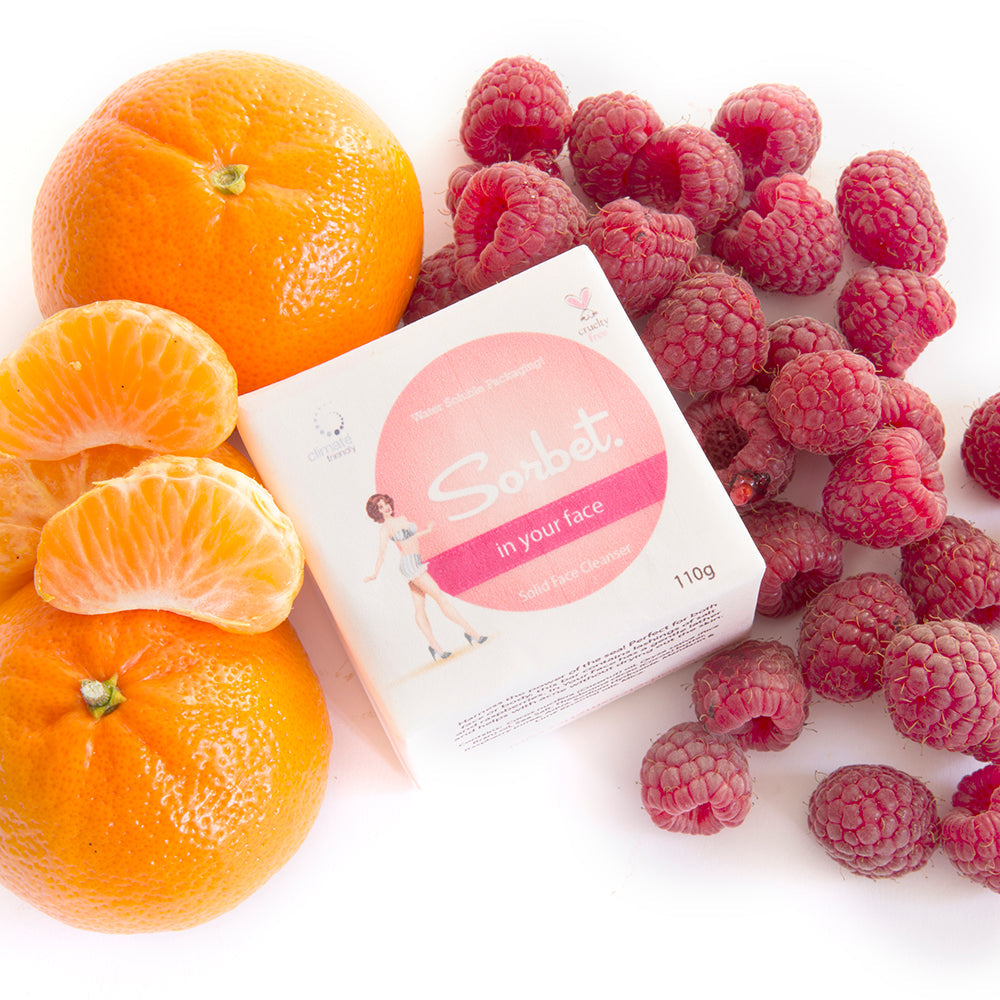Studies have now shown that people eat, drink and breathe microplastics.
Believe it or not, there is a lot of plastic hidden in plain sight. One item in particular might shock you — chewing gum!
A key ingredient in most chewing gums is polyvinyl acetate (plastic) which is also used in the production of glue, plastic bags, and bottles. Ick!

Plastic is the ingredient that makes chewing gum... chewy, and you will find it listed in the ingredients list as gum base.
Fortunately, there are some eco-friendly chewing gum brands on the market that make plastic-free gum. Such as Glee Gum, and Simply Gum.
How much plastic are we consuming?
Studies have shown that we consume a credits card size worth of plastic per week and studies have now shown that people eat, drink and breathe microplastics.
Here’s a visual representation of the amount of plastic we consume each year. Source: Reuters

The problem with plastic
Plastic never breaks down, it only ever breaks up into tiny little pieces known as microplastics. Plastic can take over 400 years to break up.
Plastic is also incredibly resources intensive to make. Plastic production has a huge carbon footprint and is manufactured using massive amounts of oil or natural gas and energy. On average, the initial production process produces about 6kg of CO2 per 1kg of plastic. It takes 700ml of water to produce a 350ml plastic water bottle - the ones available in every supermarket around the world.
How do we consume plastic?
We consume plastic in the form of microplastics - small particles of plastic - that are found all around us in everyday life. Such as in our drinking water - tap and bottled - in seafood and fish, clothing textiles and personal care products.
We ingest microplastics through food and drink. When we wash clothing made from synthetic materials such as acrylic or polyester just one load of laundry can generate up to 1 million microplastic fibres into the environment through wastewater.
Plastic in plain sight
Things we use every day that you didn’t know contain plastic.
Tips on reducing microplastic consumption in our everyday life
- Drink filtered tap water
- Don’t microwave food in plastic containers
-
Switch to plastic-free personal care – Especially for haircare, deodorants, skincare and lip balms
- Reduce or eliminate seafood and meat from your diet
- Use loose-leaf tea instead of tea bags
- Buy clothing made from natural textiles like hemp instead of synthetic textiles like polyester
- Install a filter in your washing machine that filters microplastics
- Air dry your clothes instead of using a dryer
How are we part of the solution?
We get it—plastic is everywhere. But the good news? You’ve got more power than you think. Every swap, every solid product, every bottle you skip adds up to something pretty amazing.
At Ethique, we’re here to make those swaps easy, effective, and planet-friendly.
We’re proudly plastic-free.
Our range includes 25+ concentrated solid products for hair, skin, and underarms—all without the plastic packaging or unnecessary water waste.
We’re shaping beauty for good.
Our products are crafted with clean, ethically sourced ingredients, adhering to strict EU standards. With a 93% smaller carbon footprint compared to liquid alternatives, our plastic-free, compostable packaging and transparent supply chains make your daily routine a force for good.
Your choices make waves.
Together, we’ve prevented over 41 million plastic bottles from entering landfills and oceans. Plus, through our partnership with CleanHub, every product you purchase helps remove plastic waste from coastal communities, creating meaningful jobs and cleaner oceans.
Start with one of our solid shampoo or conditioner barsto ease into a plastic-free routine, or explore the full range to find your new everyday essentials.
Small choices, big ripple effects. 💚
Use Your Voice
It’s not just about what you buy—it’s about what you don’t.
Big brands pay attention when customers start making noise (and smarter choices). If you’ve swapped out plastic-packed products for something more sustainable, let them know! A quick email can be surprisingly powerful.
We’ve even made it easy: check out this free template to help you tell brands why you’re breaking up with them.
And if you’re curious about why we take packaging so seriously, have a read of The Lifecycle of Plastic—it breaks down what happens to plastic after it leaves your hands, and why we’re proud to stick with home-compostable, plastic-free packaging.

 Impact
Impact Blog
Blog Store Locator
Store Locator


